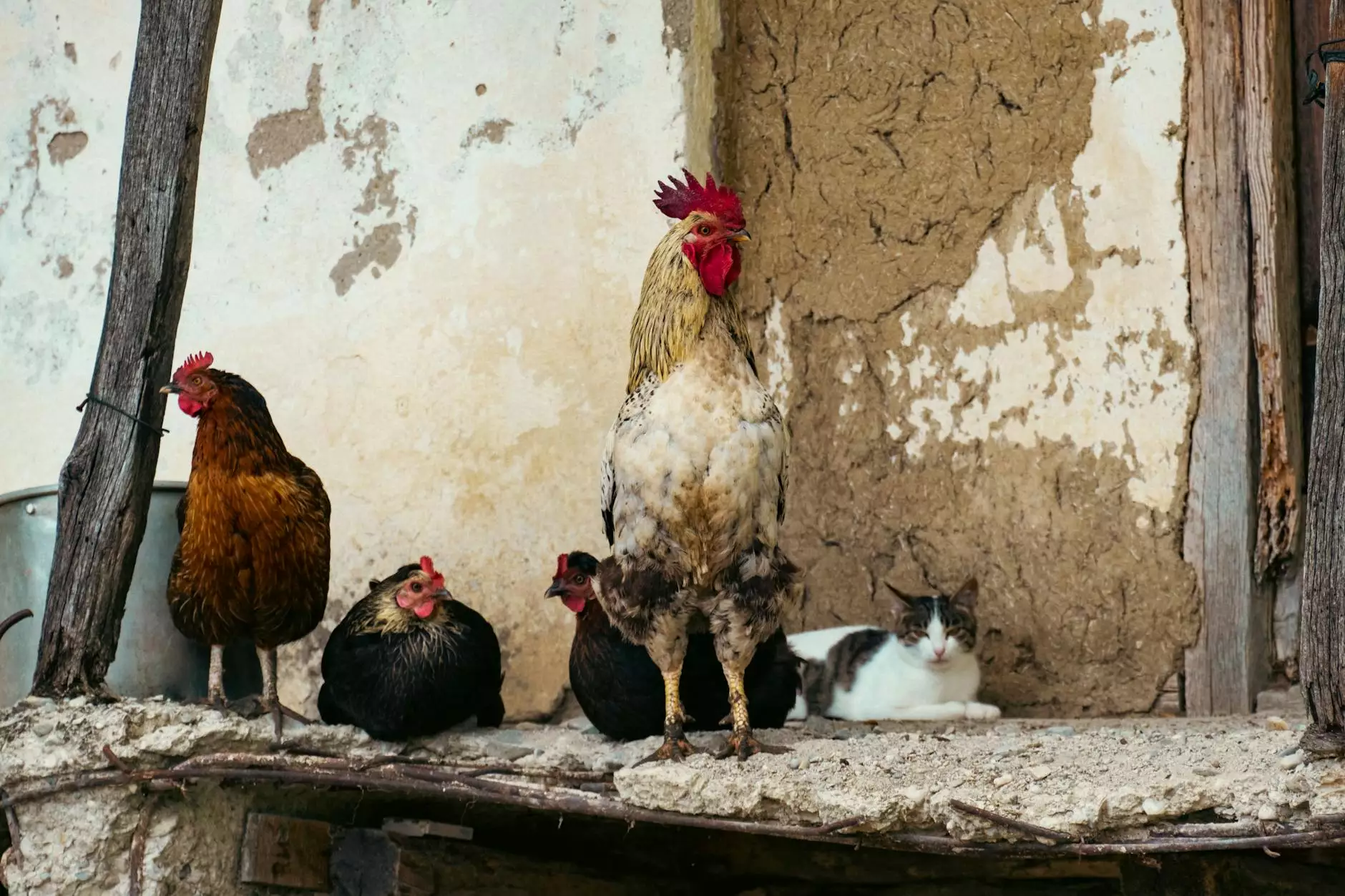Understanding the Importance of Gübres in Sustainable Agriculture

In the realm of organic farming, gübre (manure or fertilizer) holds a pivotal role in ensuring soil health, crop yield, and overall ecosystem balance. As agricultural practices shift towards more sustainable models, understanding the significance and application of gübre becomes increasingly essential for farmers and agricultural businesses alike. In this article, we will delve deep into the world of gübre, its types, benefits, and its critical role in nurturing sustainable agriculture.
The Role of Gübres in Soil Health
Soil is the foundation of agriculture. Healthy soil leads to healthy plants, which ultimately results in a bountiful harvest. Gübre plays a crucial role in maintaining soil vitality and structure. Here are some aspects of how gübre contributes to soil health:
- Nutrient Supply: Gübre is rich in essential nutrients like nitrogen, phosphorus, potassium, and trace minerals, which are vital for plant growth.
- Soil Structure Improvement: Organic gübre enhances soil structure by increasing its ability to retain moisture and improve aeration.
- Biodiversity Promotion: The application of gübre promotes microbial activity, which is crucial for nutrient cycling and soil fertility.
- pH Balance: Organic gübre can help neutralize acidic soils, contributing to a better environment for plant roots.
Types of Gübres and Their Benefits
There are various types of gübre, each with unique benefits and applications. Understanding these types can help farmers choose the best option for their specific needs.
1. Animal Manure
Animal manure is one of the most common types of gübre. It typically includes the waste of livestock such as cows, poultry, and pigs. Here are its key benefits:
- Rich in organic matter, which improves soil structure.
- Contains a balanced ratio of nutrients, promoting healthy plant growth.
- Cost-effective and widely available, especially on farms with livestock.
2. Green Manure
Green manure refers to cover crops that are grown specifically to be turned into the soil to enhance its nutrient content. The advantages include:
- Enhancement of soil fertility through nitrogen fixation.
- Prevention of soil erosion and improvement of soil structure.
- Suppression of weeds and pests, reducing the need for chemical interventions.
3. Compost
Composting organic waste transforms it into a rich soil amendment. The benefits are numerous:
- Improves nutrient availability and soil moisture retention.
- Encourages beneficial microbial activity in the soil.
- Reduces waste going to landfills, contributing to environmental sustainability.
Applications of Gübre in Organic Farming
The application of gübre in organic farming requires careful consideration to maximize benefits while minimizing any negative impacts. Here are some methods and tips for effective gübre application:
1. Timing and Frequency
Applying gübre at the right time is crucial for maximizing its effectiveness. The best practices include:
- Applying before planting to enrich the soil with nutrients.
- Side-dressing during the growing season to provide additional nutrients as plants grow.
2. Application Techniques
Effective application techniques can ensure that gübre reaches the root zone where it is most needed. Consider the following methods:
- Broadcast Spreading: Evenly spreading gübre over the field before tilling can improve nutrient distribution.
- Incorporation into Soil: Mixing gübre into the topsoil can prevent nutrient runoff and enhance absorption by plants.
- Drip Irrigation Systems: Applying liquid gübre through irrigation systems can optimize nutrient uptake and minimize waste.
Environmental Benefits of Gubres
The use of gübre in agriculture not only benefits the farmer but also has a positive impact on the environment. Here are some of the environmental advantages:
- Reduced Dependency on Chemical Fertilizers: Utilization of gübre minimizes the need for synthetic fertilizers, reducing chemical runoff and pollution.
- Carbon Sequestration: Organic matter from gübre helps sequester carbon in the soil, contributing to climate change mitigation.
- Biodiversity Enhancement: By fostering healthier ecosystems, gübre applications improve biodiversity, supporting both flora and fauna.
The Economic Impact of Gübres on Farming Businesses
In addition to environmental sustainability, utilizing gübre can have significant economic benefits for farming businesses. These advantages include:
1. Cost Savings
Using locally sourced gübre, such as compost or manure, can greatly reduce input costs. Farmers can save on purchasing chemical fertilizers, which often represent a significant portion of farming expenses.
2. Enhanced Crop Yields
Well-managed gübre applications can lead to increases in crop yield, providing farmers with higher returns on their investment and improving overall profitability.
3. Market Demand for Organic Produce
With the rise in consumer demand for organic produce, utilizing gübre positions farmers favorably in the market. Organic certification can lead to higher prices for products, driving profitability.
Challenges and Considerations in Using Gübres
While there are numerous benefits to using gübre, there are also challenges that farmers must consider to optimize its effectiveness:
- Pathogen Risk: Animal manure can harbor pathogens if not handled or composted properly, posing health risks.
- Nutrient Imbalance: Depending on the type of gübre, nutrient levels may not meet plant needs, necessitating a balanced approach with other inputs.
- Labor and Time Intensive: Managing and applying gübre can require significant labor and time, especially on larger operations.
Conclusion: Embracing Gübres for a Sustainable Future
As agriculture moves towards more sustainable and organic practices, the importance of gübre cannot be overstated. From enhancing soil health to increasing crop yields and boosting environmental benefits, the advantages of using gübre are manifold.
At Teox Farm, we champion the use of gübre as a fundamental aspect of organic farming. By understanding the various types and applications of gübre, farmers can make informed decisions that benefit their crops, their businesses, and the environment.
In conclusion, integrating gübre into farming practices not only promotes healthier plants but also fosters a more sustainable agricultural system that can meet the demands of future generations.



